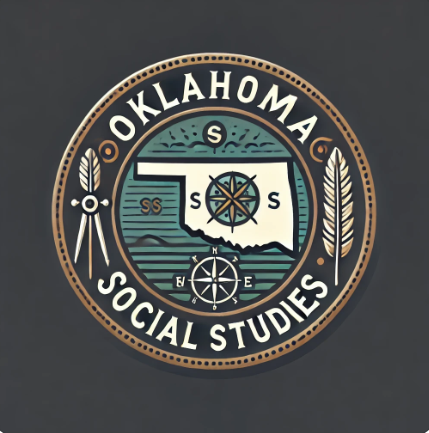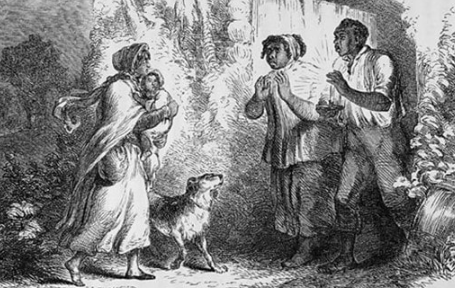Introduction
As the Mayflower approached the shores of North America in 1620, the Pilgrims saw themselves as modern-day Israelites crossing their own Red Sea into a promised land. How did biblical narratives shape not only their journey but the very foundation of Plymouth Colony? The story of Plymouth Colony represents one of the most profound examples of biblical influence on early American settlement, where scripture served as both spiritual compass and practical guide for governance.
These English Separatists, seeking religious freedom and a fresh start, viewed their venture through an intensely biblical lens, drawing parallels between their experience and sacred scripture. Their journey would establish patterns of religious influence that would echo through American history for centuries to come.
Biblical Motivations and the Journey
The Exodus Parallel
The Pilgrims explicitly viewed their journey as a parallel to the biblical Exodus. William Bradford, who would become Plymouth’s governor, frequently referenced Moses leading the Israelites out of Egypt in his writings. Like the ancient Hebrews, the Pilgrims:
- Fled religious persecution in their homeland
- Undertook a perilous journey through hostile elements
- Sought to establish a new community based on their religious beliefs
Covenant Community
The Mayflower Compact, signed before landing, drew directly from biblical concepts of covenant:
- Modeled after the social covenants described in the Old Testament
- Established a “Civil Body Politic” that would govern for the glory of God
- Created a framework for self-governance that influenced later American democratic ideals
Religious Practice and Social Structure
Biblical Law and Colonial Governance
Plymouth’s legal system reflected biblical principles:
- The colony’s laws drew heavily from Mosaic Law
- Biblical precepts guided judicial decisions
- Church attendance was mandatory, following Old Testament community practices
Community Organization
The Pilgrims structured their society based on biblical models:
- Church congregations were organized following New Testament examples
- Property was initially held in common, inspired by Acts 2:44-45
- Leadership roles were often justified through biblical precedents
Legacy and Lasting Impact
Religious Freedom Template
Plymouth Colony established important precedents:
- Demonstrated the possibility of religious self-governance
- Created a model for future religious settlements
- Influenced the development of religious liberty in America
Cultural Influence
The Pilgrim experience shaped American identity:
- Established Thanksgiving as a religious and civil observance
- Contributed to the concept of American exceptionalism
- Created enduring metaphors of America as a “City upon a Hill”
Resources for Educators and Students
Educators can explore these themes through various activities:
- Compare and contrast biblical texts with Plymouth Colony documents
- Analyze primary sources from William Bradford and other colonial leaders
- Examine the evolution of religious freedom from Plymouth to present day
The Pilgrims and Plymouth Colony 1620 – Biblical Influence Historical References
Conclusion
The biblical influence on Plymouth Colony extended far beyond religious practice, shaping governance, social structure, and the American cultural imagination. The Pilgrims’ experiment in creating a society guided by biblical principles established patterns that would influence American religious and civil life for generations. Their legacy reminds us of the complex interweaving of religious and civil society in American history, offering insights relevant to contemporary discussions of religious freedom and civil society.
From the Mayflower Compact to township organization, from legal codes to social relationships, the Bible provided both inspiration and practical guidance for Plymouth’s settlers. Understanding this biblical foundation is crucial for comprehending not only Plymouth Colony but the broader development of American society and its continuing influence on American cultural and political life.



